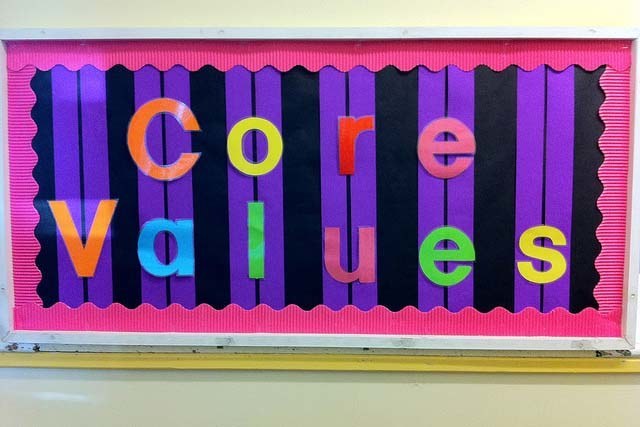I have been working with several clients this month who are at different stages in their careers. One client is starting a new business, another client is looking to move vertically or laterally in his organization, one is at the succession planning stage and looking for what’s next, and the final is recently graduating with a Masters degree.
The thread I found in common was all of them needed a better clarification and understanding of their core values. No matter what stage you are in your career, whether you are a graduating student or a seasoned professional, knowing what your core values are, is an important start. This applies to not just a career search, but for anything in life. As well, I am sure you know how important a role values play in our relationships.
How would you define your values? Values are who we are at our core. They drive the decisions we make which greatly impacts our lives. Values are a person’s principles or standards of behavior; a person’s judgment of what is important in life. Values have a major influence on a person’s behavior and attitude and serve as broad guidelines in all situations.
Whether you are looking to join a company, club, group, going on vacation with others, or getting married, what values do you have in common and share with those with whom you’ll interact? What do you believe in? What do you stand for?
When the things you do and the way you behave match your values, life seems to move smoothly…you are satisfied and content. When what we do is not in alignment with our personal values we have a feeling of dissonance. For example, if you are honest and have integrity, and you are with someone who lies, that can create a feeling of dissonance for you. That feeling of dissension is because they are stepping on your values.
To help identify your values, think of a time in your life when you were happiest. What were you doing and why were you so happy?
When was a time when you felt proud of yourself? Why did you feel proud? When did you feel satisfied and fulfilled? What need and desire did you meet in these situations? Think about why these situations were so memorable.
Next, make a list of the values that led to these outcomes. There are hundreds of values, such as honesty, respect, integrity, success, independence, creativity, fairness, and more, of course, to choose from, so focus on the values that best define you.
Finally, prioritize those values that are most important to you at this time of your life. Your core values do not change, however, they do shift in priority depending on what is going on in your life at the time. Take your time with this exercise. You can Google and pull up a values list if you would find that helpful.
What is important is that by knowing your values you can use them to make decisions about how you choose to live your life. How do you make your decisions? It may help you answer questions like the following:
What job should I pursue?
Is now a good time for me to start my own business?
What can I do that will afford me more of a work-life integration?
How will this affect the relationships I’m in?
Is this the best choice for my family?
It is imperative that we know what our core personal values are because that awareness can make a huge difference in all areas of our lives. Our values inform us of whom we are.
Knowing your values will help you interact with others.
For example, say you are going on a job interview or you are looking to collaborate with someone, personally or professionally. Listen for what their values are. What are their beliefs? What is important to them? How we think and what we believe is going to guide our decisions. And if your beliefs are different, is their respect for someone else’s opinion?
Take a time-out for yourself and define your values. Doing this is best for your current and future happiness and satisfaction. By deepening your awareness of your values, you will be able to use them as a guide to make the best choice in any situation. Use your values to help you navigate through life. It is time to take command of your life!


